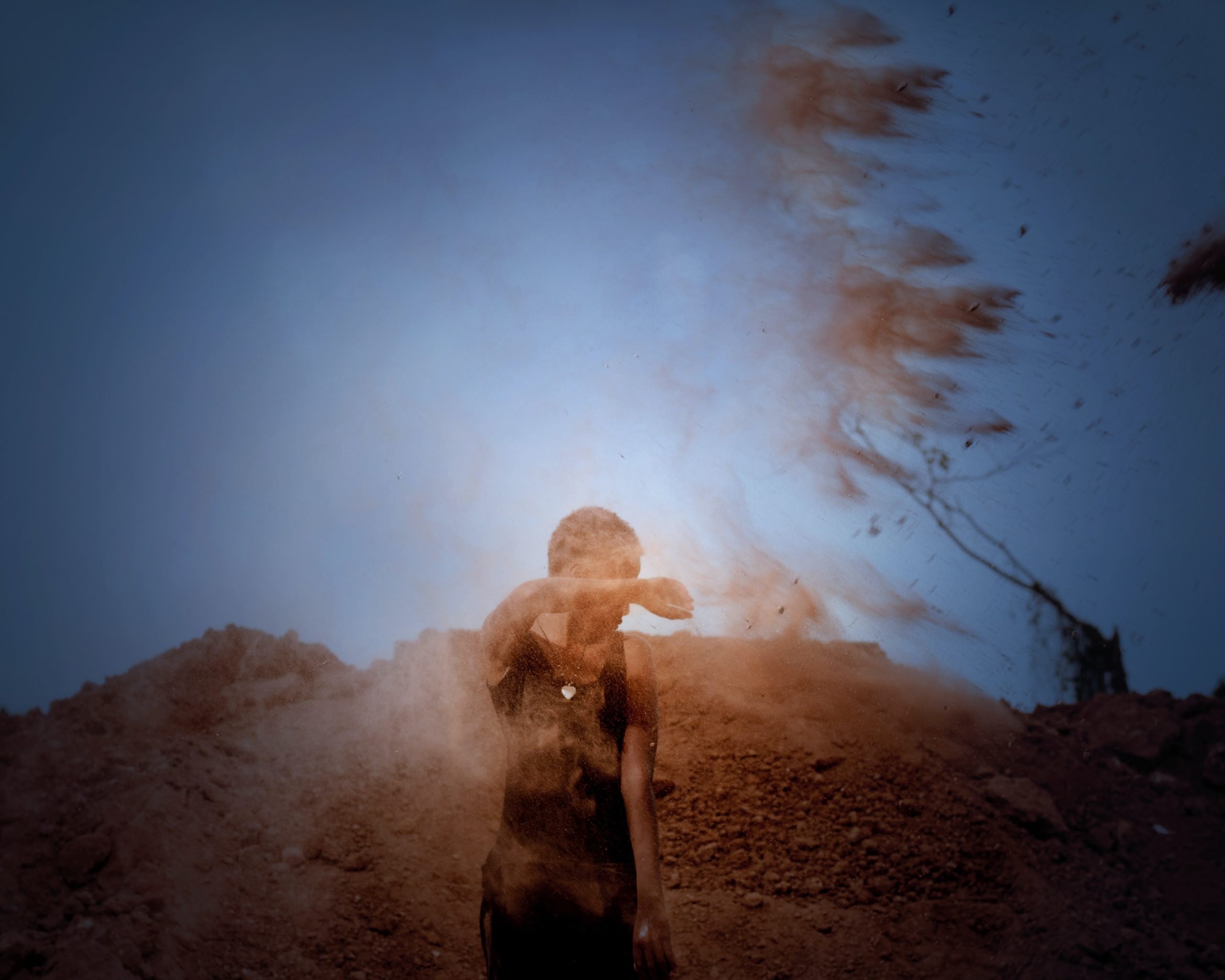Lagos. The center of entrepreneurship and home of opportunities in Nigeria. In Lagos, very few people depend on the government for food or opportunities. New businesses seem to spring up every day. Opportunities to make money abound. The explosion of the tech industry and the thriving gig economy mean Lagos is the place to be, especially for young, enterprising Nigerians.
However, in Lagos, the success of a young individual, no matter how marginal, can also become an opportunity for a police officer to “strengthen his balance sheet.”
If you are a young person in Lagos, you dare not be seen with an iPhone, a laptop, or worse, driving a modern car because police officers might automatically classify you as an internet fraudster. They might stop you, go through the details of your phone or laptop to find a bank statement or notification, and — at gunpoint — request that you transfer money to them. Where the attempted armed robbery fails, they might physically molest you, wrongfully detain — read, kidnap — you, and, in the worst cases, murder you.
This is the reality of Nigerian youth trying to make a decent living in Lagos, and other states of my country. A colleague of mine requests geo-locations of her son’s daily trips back from work. Another acquaintance has had to find ways of leaving his laptop at his place of work just to avoid incidents with the police. It is now considered normal to deactivate SMS messages from banks or delete transaction notifications as soon as they come in.
For a long time, people have lived in perpetual fear of the police. This fear is exacerbated by an ingrained culture of impunity that pervades every facet of Nigeria.
For a long time, people have lived in perpetual fear of the police. This fear is exacerbated by an ingrained culture of impunity that pervades every facet of Nigeria. As far back as 2007, Human Rights Watch noted that “leading police officials seem to regard the routine killing of Nigerian citizens — criminal suspects or not — as a point of pride.” Between 2000 to 2007, police personnel shot and killed more than 8,000 people in circumstances that remain largely unexplained.
Recommendations of judicial panels of inquiry set up to review incidents of police brutality and misconduct, such as dismissal of erring officers or financial compensation to victims of abuse, are yet to be implemented to date. Amnesty International noted that there has been zero accountability, citing a case in 2016 of a senior SARS operative, James Nwafor, on whom investigations were called for by 23 human rights organizations for egregious crimes. Rather than conduct investigations, he was appointed as an adviser to a state government on security matters.
The #EndSARS protests of October 2020 were a continuation of several demands made by Nigerian youth against police brutality. From 2016 to 2019, the notorious Federal Special Anti-Robbery (FSARS) squad responsible for committing most of these crimes, was unbundled, overhauled, and disbanded. Yet the crimes continued. The protests in 2020 were met with an unequivocal response from the Nigerian government that was accompanied by the freezing of bank accounts and seizure of international passports of protest leaders. Amnesty International accuses soldiers and police of killing at least 12 people. While a court in Abuja recently ordered the Nigerian Central Bank to unfreeze the accounts of 20 protesters, accountability for the killings is still lacking. A judicial panel set up in Lagos state is examining allegations of the military’s use of lethal force against protestors but, as of now, not a single government official has been held responsible. In fact, the military pulled out of the investigations in December 2020.
As long as there is no accountability, protesters will continue to take to the streets to demand justice. On Saturday, despite warnings from the government, protestors rallied at Lekki Toll Gate, where security forces had opened fire on protestors, to protest the ruling of the Lagos Judicial Panel that the Lekki Toll Gate be reopened for business despite withholding critical video evidence from the investigation into the shooting. Several protesters were arrested and physically abused by the police during the largely peaceful protest.
What should young people do now, when impunity continues even with SARS disbanded? With deflated morale and aggrieved spirits, they soldier on in the hope that they will live to vote a credible and responsive government into office at the next presidential election in 2023. In the meantime, they still look for ways to hide their laptops from the police on their way to and from work. They still delete details of bank transactions on their phones. They still dread encounters with the very people that are meant to protect them. They still hope that each day they leave their houses, they will make it back home. Like we say in Nigeria when we have done all that we can, but hope seems distant – “it is well.”
Benjamin Deen (a pseudonym) works in the education sector in Nigeria.





















